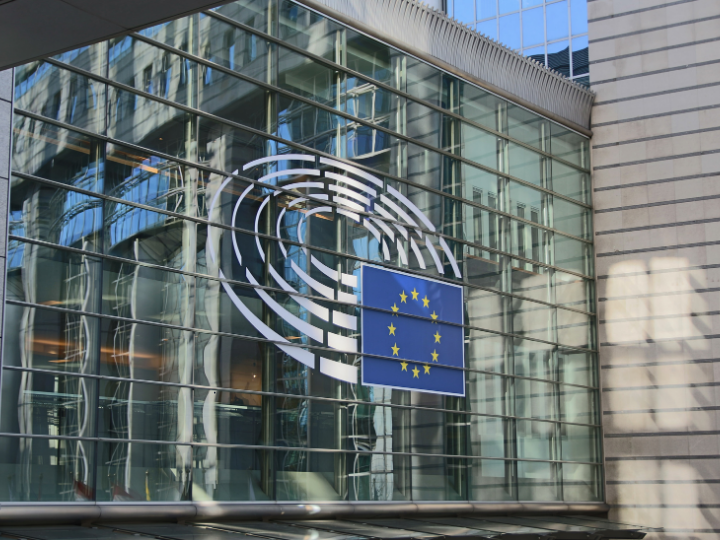by Eleonora Vasques
Most EU countries are hesitant or actively against some of the key proposals of the bloc’s proposed reform of its electoral law, according to the results of a survey conducted by the Swedish presidency, seen by EURACTIV.
The reform of the EU’s electoral law, which has remained unchanged since the introduction of direct elections in 1979, was voted on by the European Parliament in May 2022. The text adopted by Parliament proposes the creation of transnational lists which would elect 27 MEPs from across the bloc, as well as giving the possibility for EU citizens to indicate their preferred candidate for the presidency of the European Commission.
Previous attempts to reform the electoral law, which sets out the regime that determines how and by whom the European Parliament is elected, have been shot down by national governments wary at any attempt to ‘Europeanise’ the elections.
The survey, conducted by the Swedish government, whose six month rotating Council presidency ended last week, was based on specific definitions or parts of the proposals, to which member states could reply: “Acceptable”, “To be discussed”, “Not acceptable”, “No position yet”, or “No indication”.
Results were discussed among EU ministers during a General Affairs Council meeting in late June.
The document suggests that of all the proposed reforms, the strongest opposition is to the possibility of giving EU citizens the ability to indicate their preferred candidate for the presidency of the European Commission. Only one country is in favour, while five ask for further discussion and 14 are against.
For the “Union-wide list”, only three are in favour, seven ask for further discussions and 11 are against.
On lowering the voting age, only seven countries were in favour of setting it at 16 years old, while a further seven said they wanted to discuss the matter further and 10 were against it.
The trend was similar when it came to the questions on whether to drop the minimum age of candidates to 18.
On postal voting, including for EU citizens in third countries, only five were in favour, six needed more discussion and 12 were against.
More support came for the proposal to establish a common threshold that would require a party or candidate to obtain at least 5% of the national vote in order to win a seat, with 17 countries in favour.
The French proposal
In response to the survey, the French government prepared a “Consolidated version of the proposals”, a document seen by EURACTIV.
In their document, the French authorities propose a compromise on transnational lists that would result in votes received by the lists of candidates registered in national constituencies being used to elect MEPs in the EU-wide constituency.
The French proposal did not specify the possibility for citizens to indicate the president of the European Commission.
*first published in: Euractiv.com




 By: N. Peter Kramer
By: N. Peter Kramer

